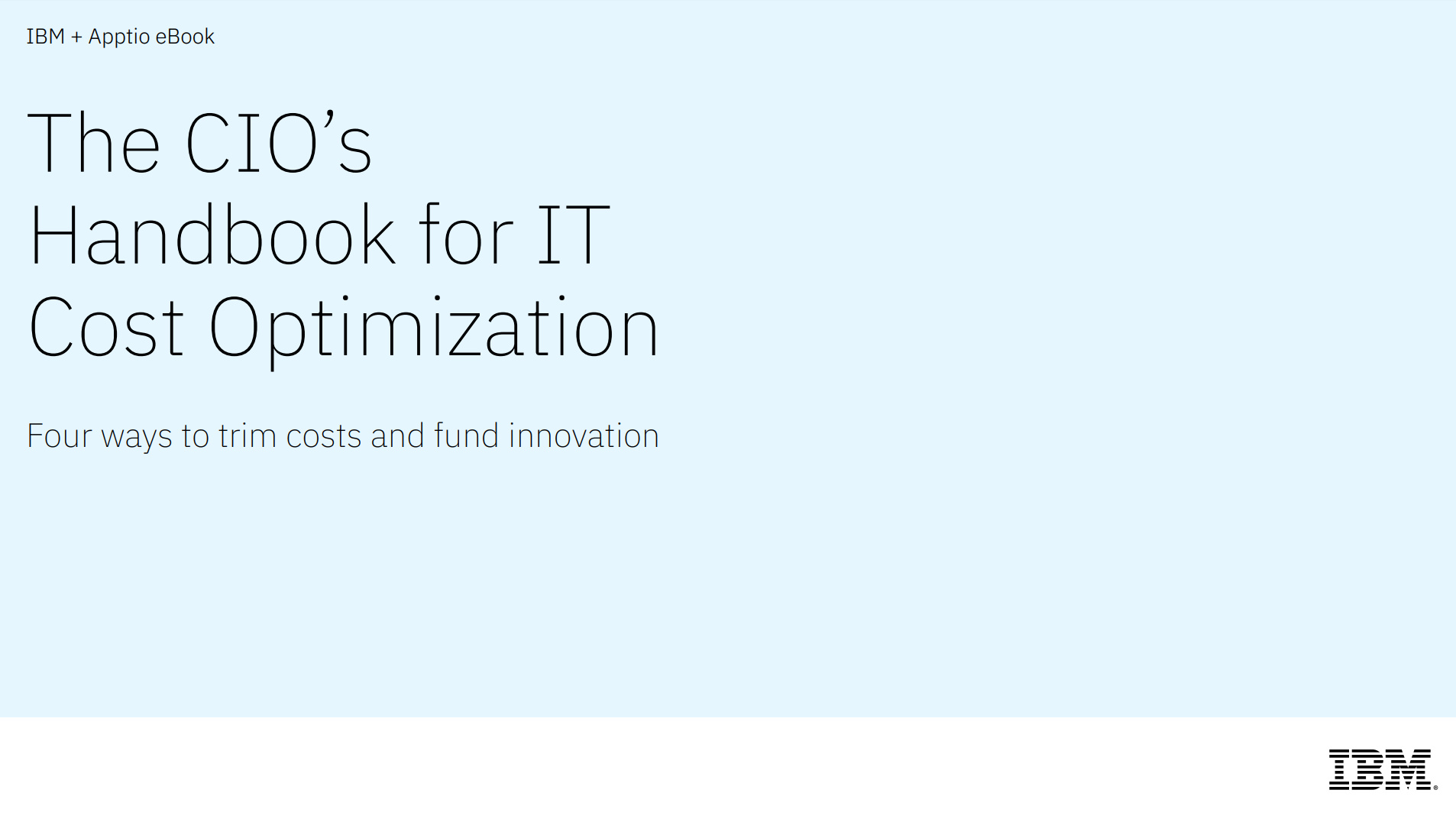National banks build blockchain CBDC platform for faster international payments
The banks ran a pilot test where 164 payment and foreign exchange transactions were completed, totalling over $22 million over the six weeks


Major national banks have successfully completed trials of a co-developed blockchain platform that could see a faster uptake of central bank digital currencies (CBDCs) across global commercial banks.
National banks that took part were the Hong Kong Monetary Authority, the Bank of Thailand, the Digital Currency Institute of the People's Bank of China, and the Central Bank of the United Arab Emirates, Bank of International Settlements (BIS) revealed this week.
RELATED RESOURCE

The financial services survival guide
How uncertainty and disruption is forcing financial services to innovate
The banks custom-built the mBridge platform which was based on a new blockchain called the mBridge Ledger which aims to support real-time, cross-border payments and foreign exchange transactions using CBDCs.
As part of ongoing efforts, it's thought the success of the platform will help deliver faster, cheaper, and safer cross-border payments and settlements.
Many jurisdictions, in particular emerging and developing economies, are losing access to the international network of correspondent banking services, leaving many households and firms without sufficient or affordable access to the global financial system for payments, the BIS said.
The experiment was designed to operate across different jurisdictions and currencies, to explore the capabilities of distributed ledger technology, and the application of CBDC in cross-border payments between commercial banks.
Real corporate transactions were tested during the pilot. These centred around international trade and involved the central banks, selected commercial banks, and their customers. 20 banks in the four jurisdictions were able to conduct 164 payment and foreign exchange transactions totalling over $22 million over six weeks.
Get the ITPro daily newsletter
Sign up today and you will receive a free copy of our Future Focus 2025 report - the leading guidance on AI, cybersecurity and other IT challenges as per 700+ senior executives
By enabling peer-to-peer technology and instant exchange of multiple CBDCs on a single network, Project mBridge aims to solve long-standing inefficiencies in cross-border payments and foster greater financial inclusion and innovation in international payments.
"Financial exclusion is not just a problem for individuals; it is also affecting economies," said Cecilia Skingsley, head of the BIS Innovation Hub. "This project makes important strides towards developing a platform that has the potential to foster more inclusive and efficient payments systems that will benefit those making and receiving payments in different currencies and jurisdictions as well as the overall functioning of the global financial system."
The BIS said it would continue to work on this and similar projects to explore the user requirements, technical specifications, and governance framework needed for interoperable CBDCs.
The mBridge project team will continue building the technology and testing it with a view to producing a product with enough features to be used by early adopters in the year ahead and a production-ready system thereafter
This isn’t the first time central banks have come together to trial CBDC technology. In September 2021, the reserve banks of Australia, Singapore, Malaysia, and South Africa partnered to test CBDC use for international settlements, hoping it would reduce the time and costs for these types of transactions. It aimed to develop a prototype shared platform for cross-border transactions using multiple CBDCs.
The UK has considered experimenting with CBDCs but a House of Lords committee said this year there was "no convincing case" for adopting a digital centralise currency that could risk financial instability.
Zach Marzouk is a former ITPro, CloudPro, and ChannelPro staff writer, covering topics like security, privacy, worker rights, and startups, primarily in the Asia Pacific and the US regions. Zach joined ITPro in 2017 where he was introduced to the world of B2B technology as a junior staff writer, before he returned to Argentina in 2018, working in communications and as a copywriter. In 2021, he made his way back to ITPro as a staff writer during the pandemic, before joining the world of freelance in 2022.
-
 Cleo attack victim list grows as Hertz confirms customer data stolen
Cleo attack victim list grows as Hertz confirms customer data stolenNews Hertz has confirmed it suffered a data breach as a result of the Cleo zero-day vulnerability in late 2024, with the car rental giant warning that customer data was stolen.
By Ross Kelly
-
 Lateral moves in tech: Why leaders should support employee mobility
Lateral moves in tech: Why leaders should support employee mobilityIn-depth Encouraging staff to switch roles can have long-term benefits for skills in the tech sector
By Keri Allan
-
 Future focus 2025: Technologies, trends, and transformation
Future focus 2025: Technologies, trends, and transformationWhitepaper Actionable insight for IT decision-makers to drive business success today and tomorrow
By ITPro
-
 Fuelling growth through transactions
Fuelling growth through transactionswhitepaper Prepare for the future of payments with flexible solutions
By ITPro
-
 Monetization strategies for digital content creators
Monetization strategies for digital content creatorswhitepaper An overview of the economies of forex markets in Latin America and what payment providers need to know to enter the region
By ITPro
-
 Capturing the Web 3.0 opportunity with crypto on-ramp
Capturing the Web 3.0 opportunity with crypto on-rampwhitepaper A payment method that lets users purchase their desired cryptocurrency
By ITPro
-
 Retail forex development in Latin America
Retail forex development in Latin Americawhitepaper An overview of the economies of forex markets in Latin America and what payment providers need to know to enter the region
By ITPro
-
 B2B Tech Future Focus - 2024
B2B Tech Future Focus - 2024Whitepaper An annual report bringing to light what matters to IT decision-makers around the world and the future trends likely to dominate 2024
By ITPro
-
 The CIOs handbook for IT cost optimization
The CIOs handbook for IT cost optimizationWhitepaper Four ways to trim costs and fund innovation in your IT financial management
By ITPro
-
 The CEO's guide to generative AI: How will you pay for it?
The CEO's guide to generative AI: How will you pay for it?Whitepaper Open the aperture to see the full picture of IT spend
By ITPro